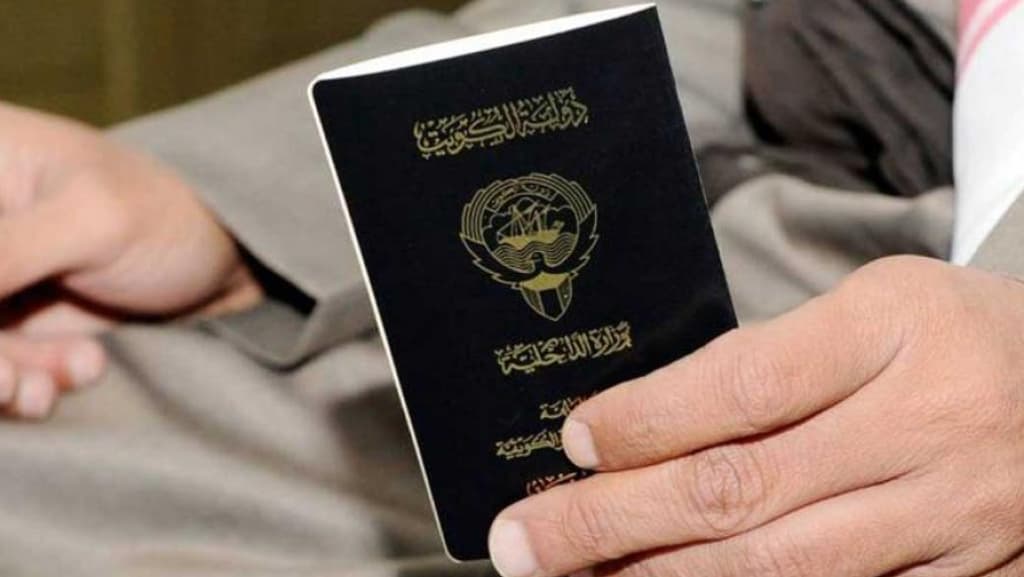
Kuwait Revokes 50,000 Nationalities in Clampdown on Fraud
All nationality files in Kuwait are currently being reviewed with comprehensive scrutiny, says Deputy Prime Minister
Kuwait has rescinded the citizenship of nearly 50,000 individuals as part of a sweeping campaign to eliminate fraudulent nationality claims, according to a senior government official.
Sheikh Fahad Yousef Saud Al Sabah, First Deputy Prime Minister and Minister of Interior, confirmed the effort, stating that coordination with several countries has helped uncover widespread instances of forgery.
“All nationality files in Kuwait are currently being reviewed with comprehensive scrutiny and without exception,” he told Al Qabas newspaper.
When asked if former or current lawmakers and ministers are being investigated by the Supreme Committee for Kuwaiti Nationality, Sheikh Fahad responded: “All of Kuwait is under review.”
The initiative primarily targets non-nationals who may have unlawfully acquired Kuwaiti citizenship. The Supreme Committee -- established over a year ago -- assesses each case to determine its legitimacy. In multiple cases, individuals who have lost their citizenship have been publicly named.
According to Al Qabas, nearly 50,000 individuals have had their citizenship revoked since the campaign intensified earlier this year. The minister also revealed that a new digital version of the Kuwaiti nationality document will soon be introduced.
Kuwaiti law prohibits dual nationality, requiring individuals to renounce any previous citizenship upon naturalization. The nation, home to around five million people, has a large population of expatriates.
While the primary focus is on fraudulent cases, some revocations have been made under broader national security considerations. In July, state media reported the removal of an individual's citizenship in the “higher interest” of the country.
Citizenship in Kuwait is typically inherited through the paternal line. Naturalisation is possible but subject to strict evaluation by a special high committee appointed by the Interior Minister.
Many of those granted citizenship in previous decades were foreign workers who contributed to Kuwait's development. However, the issue of citizenship remains deeply contentious -- especially regarding the estimated 120,000 stateless residents, known as the bidoon. Efforts to address their legal status through reform have faced repeated political roadblocks.
For any enquiries please fill out this form, or contact info@thelawreporters.com Follow The Law Reporters on WhatsApp Channels